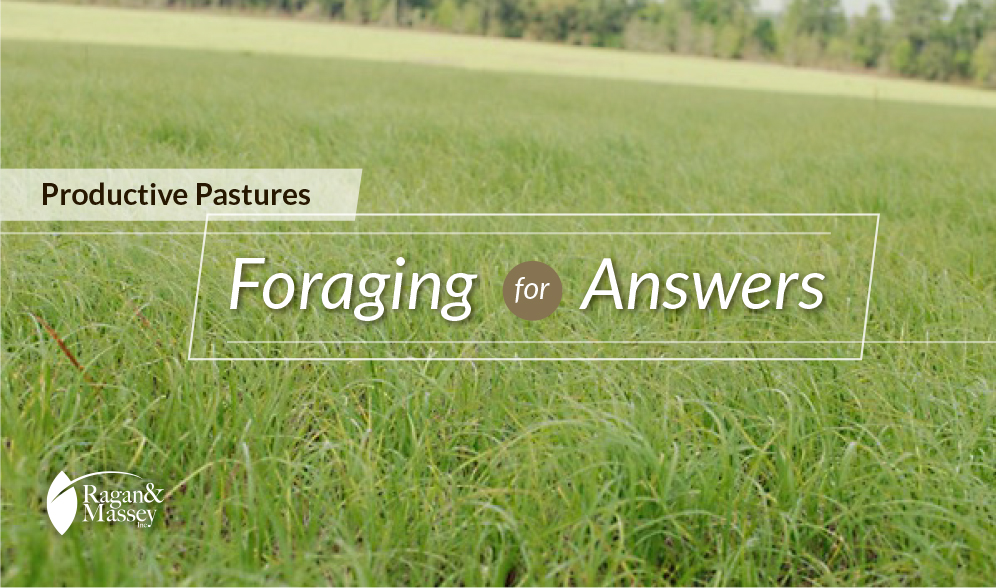
Choices to make for healthy, vigorous forage
A healthy, vigorous pasture can improve livestock gains and reduce feed costs. But growing pasture in the South and Southeast brings special challenges because growers must consider forage grass varieties, soil type, soil pH, fertility, weed and pest control, and water availability.
Dr. Ann Blount, forage specialist at the University of Florida, offers some additional advice for selecting forage, most notably Bermudagrass and bahiagrass, that’s right for your property.
Forage variety selection
Select suitable varieties for your location, climate, soils and moisture. Different varieties of Bermudagrass and bahiagrass have characteristics that make them desirable. Universities often provide variety testing to help you select the varieties that can work best for you. Blount advises considering different systems to extend the forage growing season. “Start with a perennial grass variety adapted to your area, then look at overseeding perennials, or maintaining some open land where you can plant winter forages,” she says. “Or you can rotate livestock onto annual grasses and forages while the perennial grass pastures are recovering or becoming established. Rotation can give your bahiagrass and Bermudagrass time to regrow.”

With sufficient moisture or irrigation, you can use cultivated or overseeding systems to stack different kinds of forages and provide year-round pasture. Cultivated land can be excellent for winter annual forages like oats, ryegrass, millet, clay pea, brown midrib sorghum and sorghum sudangrass until perennials like forage peanuts, bahiagrass and Bermudagrass come out of dormancy. You can then move the animals to summer annual pasture.
Blount developed UF Riata bahiagrass, a cool-season spring and fall perennial grass which is the highest yielding and most disease-resistant bahiagrass currently on the market for Florida and the Coastal Plains. UF Riata produces nearly twice as much forage as Pensacola bahiagrass, from which it was derived. But just like other bahiagrass varieties such as Tifton 9 and Tifquik, UF Riata does not like to be overgrazed. So proper management with rotational grazing is important.
Lists of forage varieties and characteristics are available from the University of Florida and University of Georgia.
Follow Ragan & Massey!
Be sure to follow Ragan & Massey on Facebook for daily updates, and check back here every week for more in-depth expertise, advice and product updates.